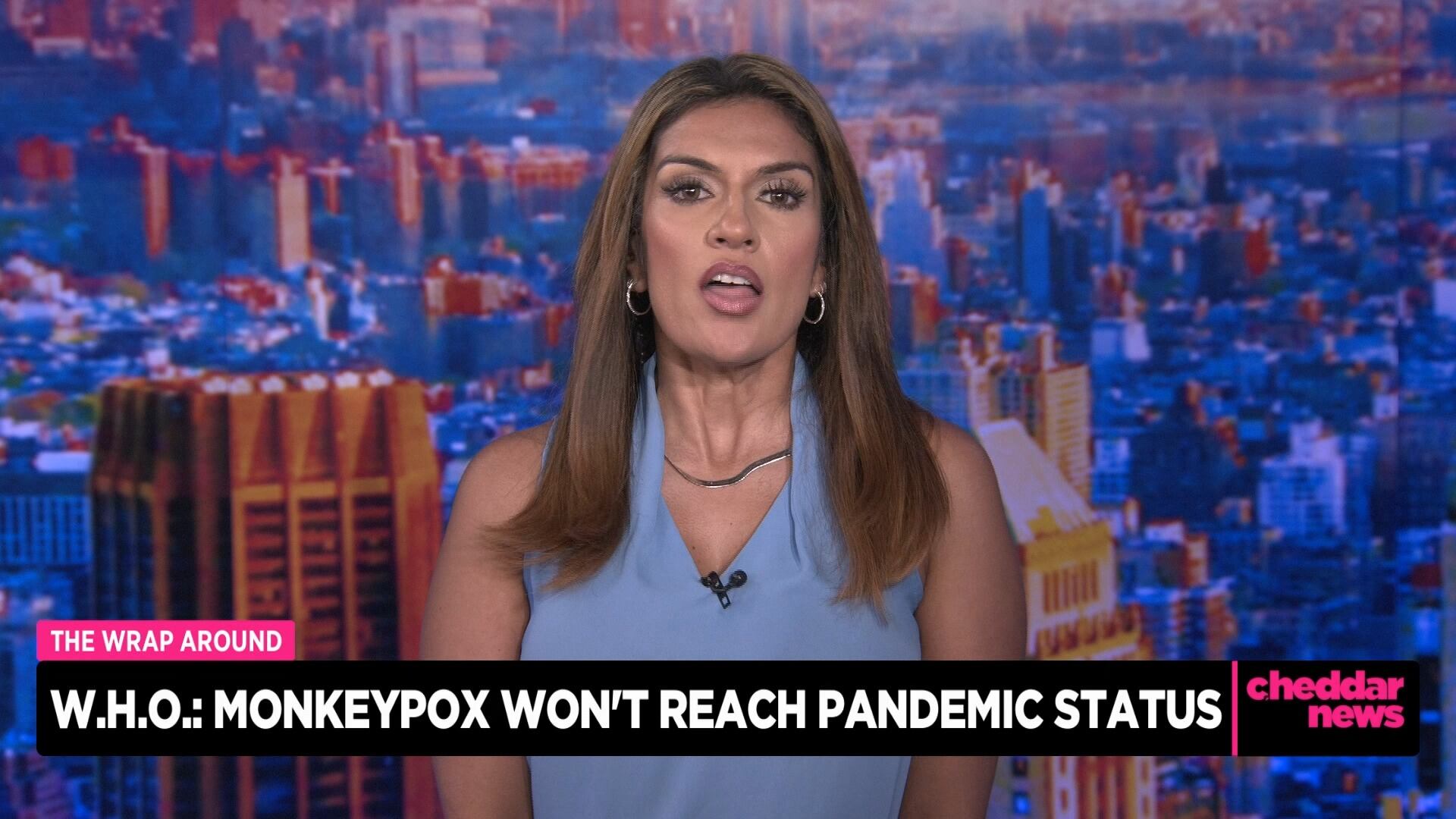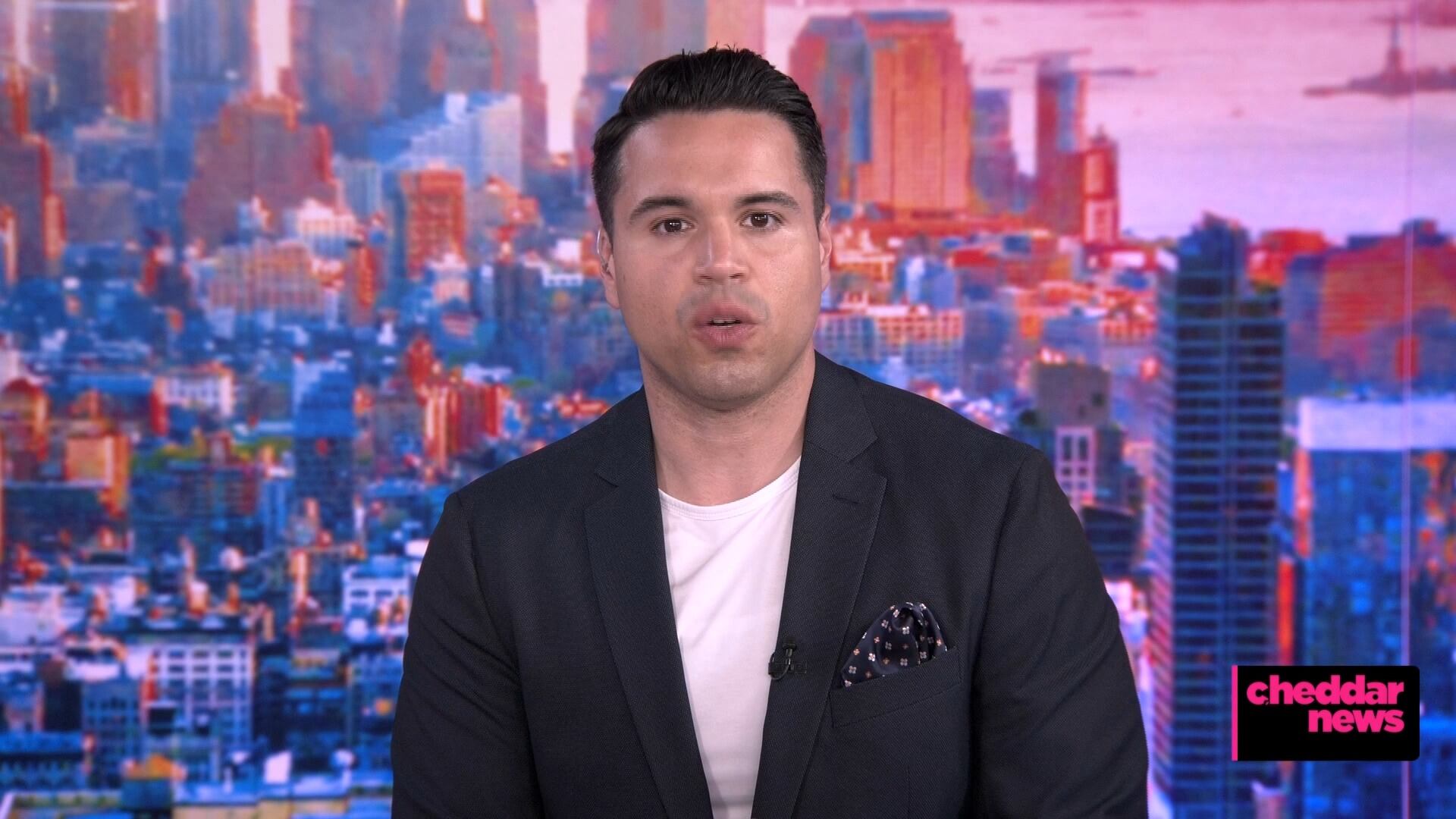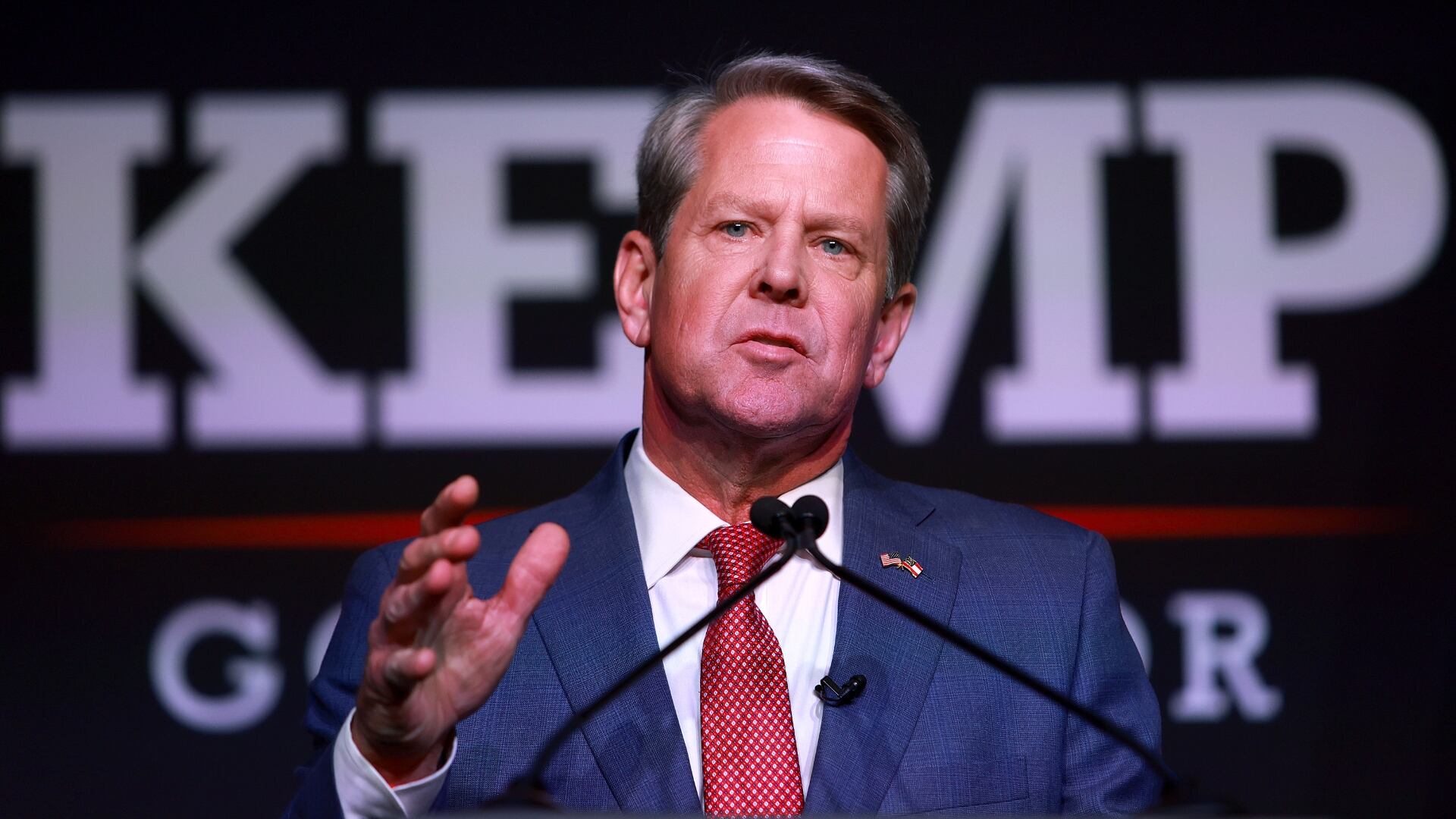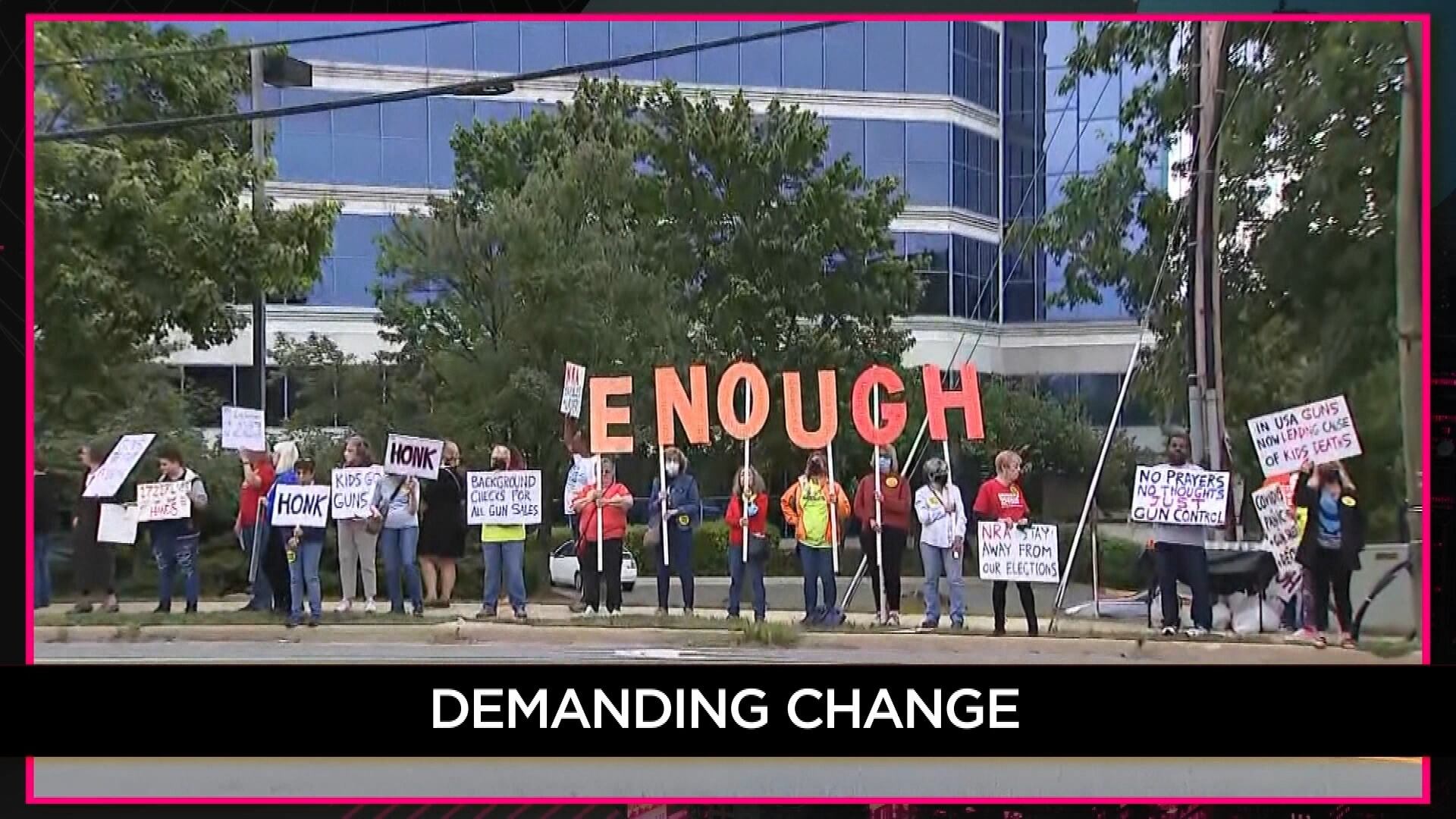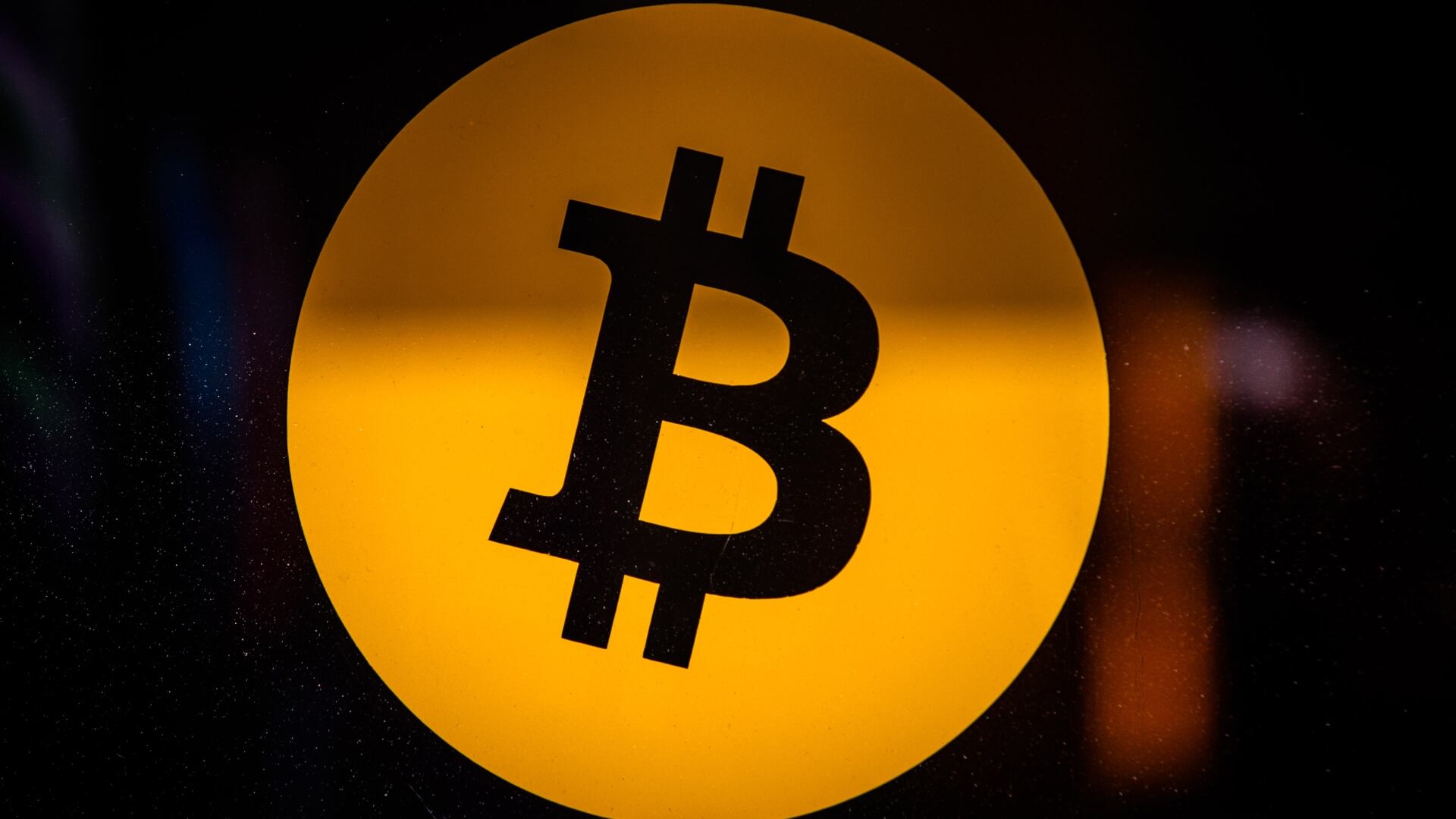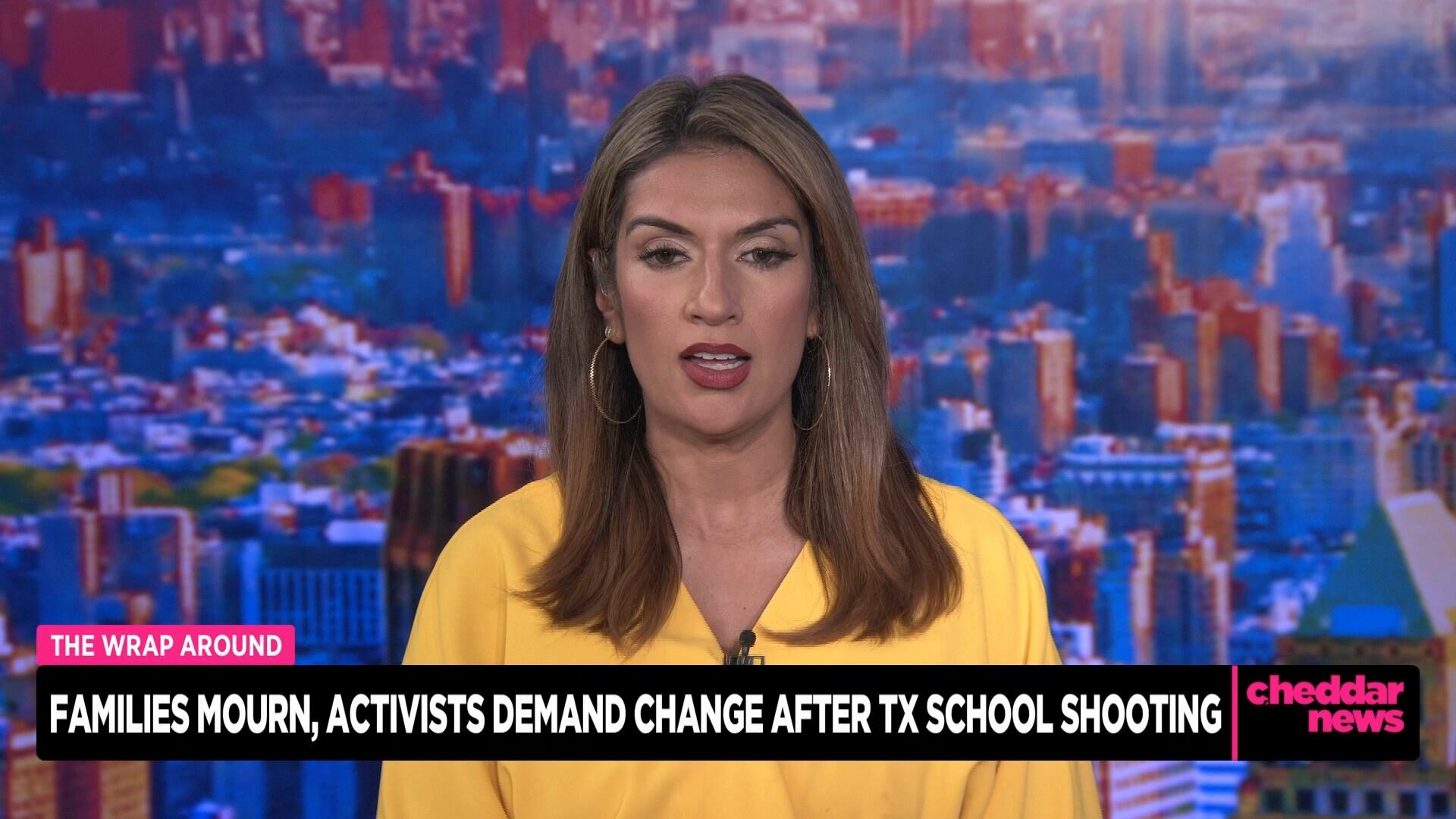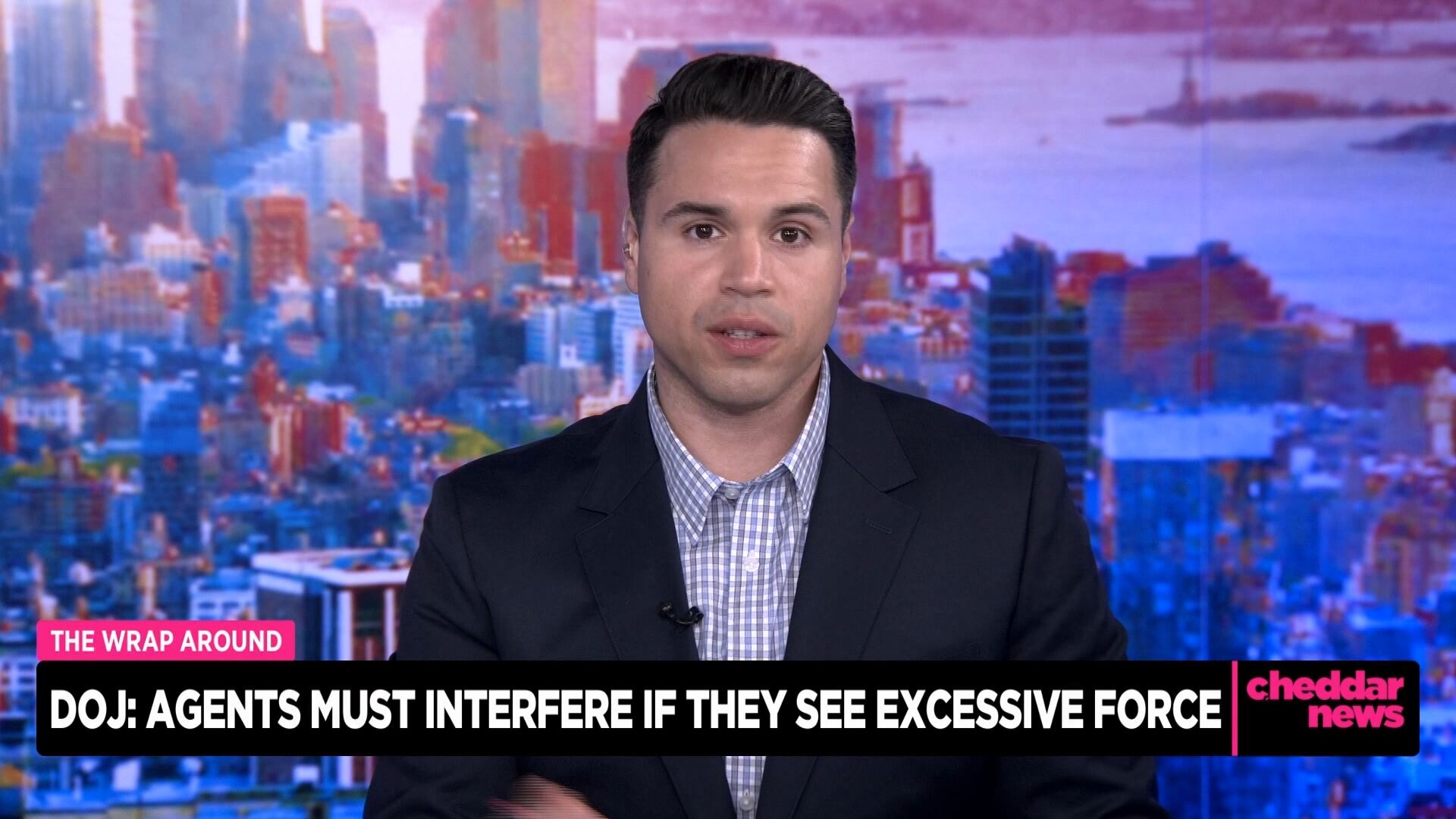By Larry Neumeister
A former high-ranking FBI counterintelligence official pleaded guilty Tuesday to conspiring to violate sanctions on Russia by going to work, after he retired, for an oligarch he once investigated.
Appearing before a federal judge in New York City, Charles McGonigal, 55, said he was “deeply remorseful” for work he did in 2021 for the billionaire industrialist Oleg Deripaska.
McGonigal told the judge he accepted over $17,000 to help Deripaska collect derogatory information about another Russian oligarch who was a business competitor. Deripaska has been under U.S. sanctions since 2018 for reasons related to Russia's occupation of Crimea.
McGonigal was also trying to help Deripaska get off the sanctions list, Assistant U.S. Attorney Rebecca Dell said, and was in negotiations along with co-conspirators to receive a fee of $650,000 to $3 million to hunt for electronic files revealing hidden assets of $500 million belonging to the oligarch's business rival.
McGonigal pleaded guilty to a single count of conspiring to launder money and violate the International Emergency Economic Powers Act. He could face up to five years in prison. Judge Jennifer H. Rearden scheduled his sentencing for Dec. 14.
McGonigal, who lives in New York, is separately charged in federal court in Washington, D.C. with concealing at least $225,000 in cash he allegedly received from a former Albanian intelligence official while working for the FBI.
McGonigal was special agent in charge of the FBI’s counterintelligence division in New York from 2016 to 2018. He supervised investigations of Russian oligarchs, including Deripaska.
The U.S. District Court for the District of Columbia later affirmed the sanctions against Deripaska, finding there was evidence he had acted as an agent of Russian President Vladimir Putin.
McGonigal, who became choked up at one point as he described his crime, said Deripaska funneled the $17,500 payment he received through a bank in Cypress and a corporation in New Jersey before it was transferred into his bank account.
“This, as you can imagine, has been a painful process not only for me, but for my friends, family and loved ones,” McGonigal said. “I take full responsibility as my actions were never intended to hurt the United States, the FBI and my family and friends.”
In a release, Matthew G. Olsen, assistant attorney general of the Justice Department’s National Security Division, said, “McGonigal, by his own admission, betrayed his oath and actively concealed his illicit work at the bidding of a sanctioned Russian oligarch.”
"Today’s plea shows the Department of Justice’s resolve to pursue and dismantle the illegal networks that Russian oligarchs use to try to escape the reach of our sanctions and evade our laws,” he added.
